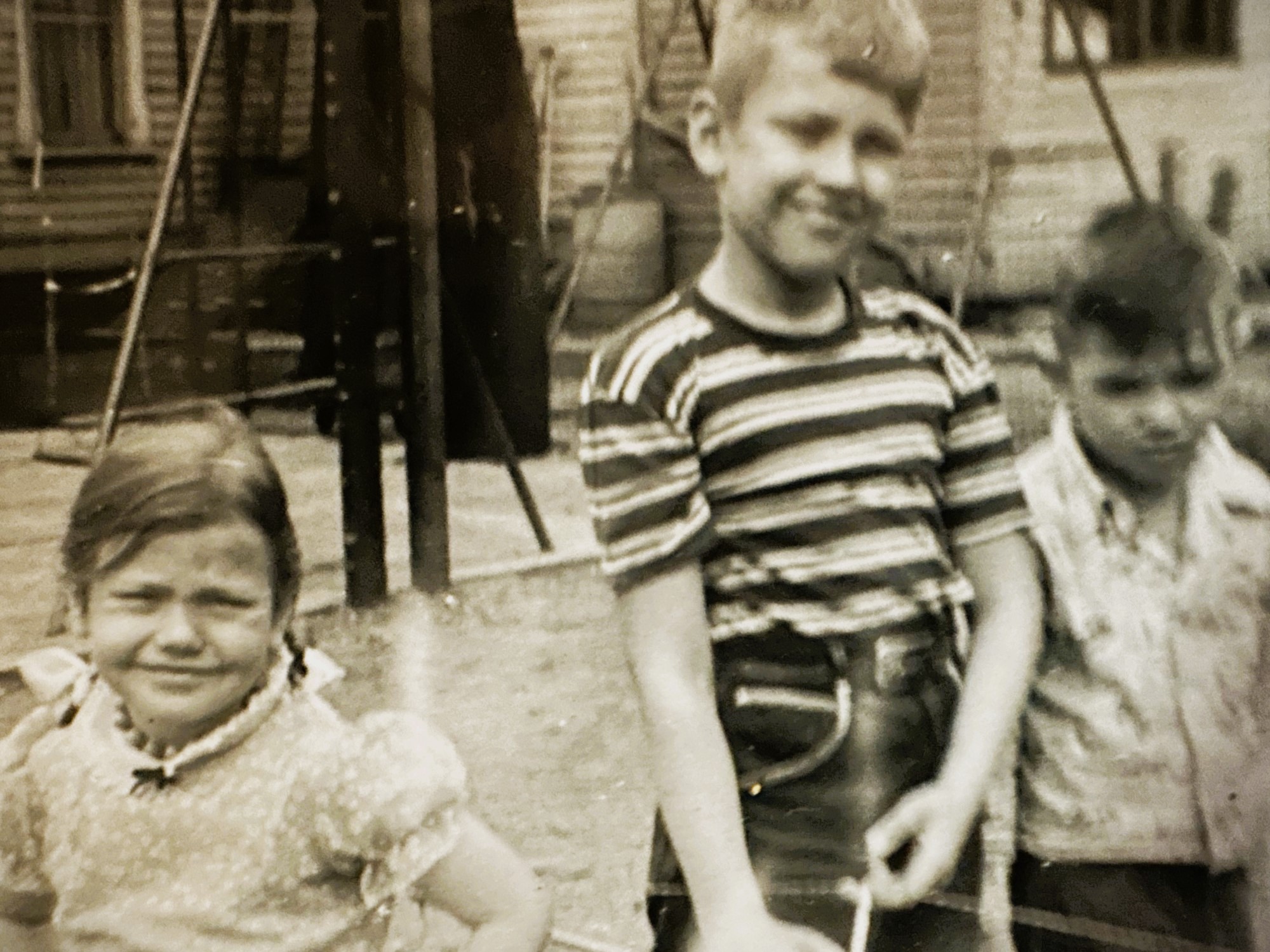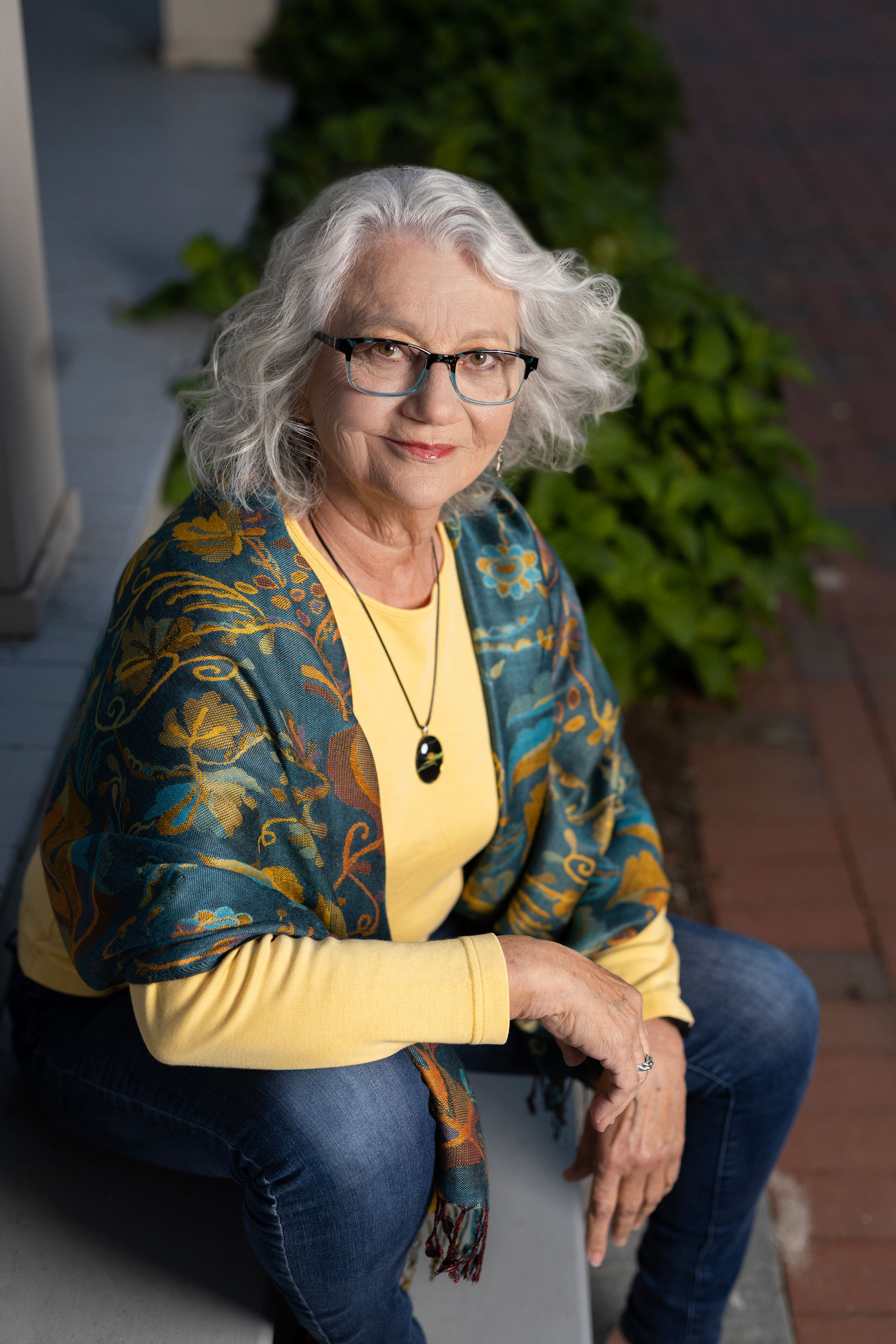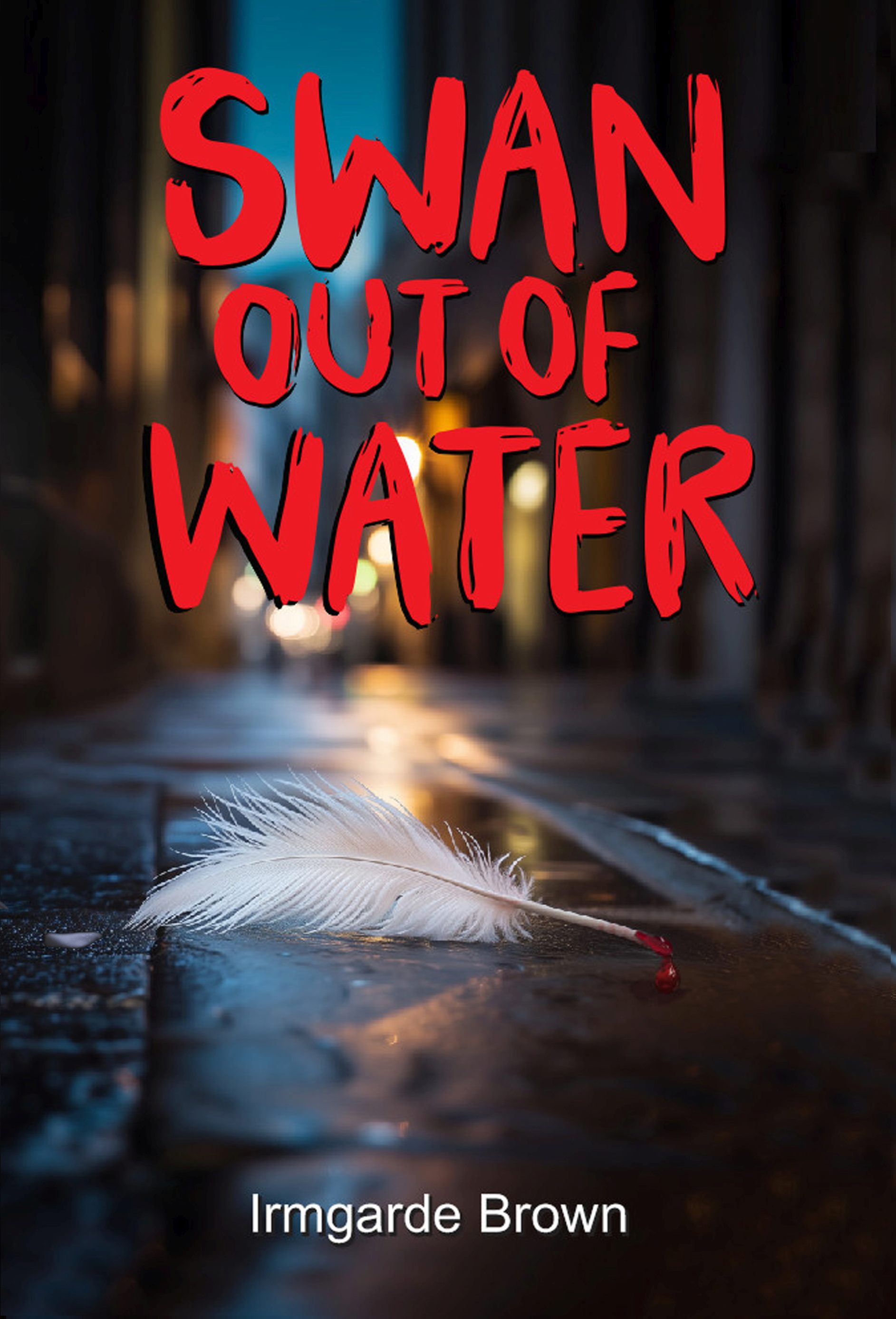Childhood Musings
 While promoting my first novel, Sister Jane, many people asked me if the story was true. Or worse, they’d ask if it was my life story. The answer to both is “No.” Those questions caught me off guard. If the story was true (in a factual way), wouldn’t we have heard about a miracle worker who had a “batting average” of 1000? And if it was my story, would I be out here hawking a book instead of hanging out with sick people? I’m being ultra-catty, I know, but honestly.
While promoting my first novel, Sister Jane, many people asked me if the story was true. Or worse, they’d ask if it was my life story. The answer to both is “No.” Those questions caught me off guard. If the story was true (in a factual way), wouldn’t we have heard about a miracle worker who had a “batting average” of 1000? And if it was my story, would I be out here hawking a book instead of hanging out with sick people? I’m being ultra-catty, I know, but honestly.
These days, my promotion energy is focused on the new book, Children in the City of Czars: A Novel which releases on December 3rd. (Note: I added “a novel” to the title, just to be clear: this is a story, it’s fiction.) And yet, I confess some aspects of the book were drawn from real life experiences, my own and my daughter’s since she grew up in St. Petersburg. We did not adopt her until she was fifteen. As to the descriptions of the cities, the orphanages, the street life, and the political references, they are all based on the reality of the late 1990’s in Russia and Latvia (where my mother grew up).
When my daughter was very young (let’s say between the ages of 5 and 10, long before we knew her), if the weather was accommodating at all, she told me how she and her neighborhood friends would be outside all the time. They created fun out of whatever was available amid the derelict buildings and general rubbish. She and her birth mother lived in a rough section of town. Yet, the children found plenty of objects to kick and stack and throw; they found stuff to make forts and hunted for secret hiding places. They looked for “treasures” and trophies. Like rats on a landfill, they would romp and scavenge. None of them was aware of their profound poverty.
Similarly, when the Lebedev children, the protagonists of my story, find themselves orphaned and ultimately abandoned, they do what they have always done. They make do. They go to ground. They avoid adults. It works for a time, even months. But eventually, their luck runs out and their mother’s bankroll runs out too. The weather turns, and “winter is coming” (but this is no fantasy Westeros).
My childhood was spent outside too in the inner city Indianapolis, but most of the kids were older than me and interacted with my brother, five years my senior. When he was forced to include me, let’s say we played “cowboy and “indians,” (basically good guys and bad guys because that’s what we saw on television or listened to on the radio), I was always the “indian” (political correctness was years away). But the point was that I am the girl and girls were inferior and so, once “killed,” I was out of the game. That was the plan all along.
Despite the fighting and “unfairnesses” older brothers often wield, the relationship between siblings, especially in sorrow, is uniquely binding. When my father died, I was only nine and my brother fourteen. He was anointed the “head of the house,” a designation he had no interest in holding. But there it was. And when push came to shove, he did a lot of protecting. And since my mother was emotionally unstable, we both knew we had to depend on each other: just us. We were loyal to one another. And we still are. These feelings infused my characters: love, loyalty, and a determination to thrive.


